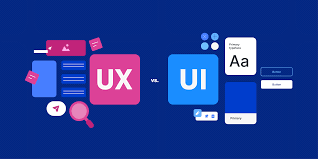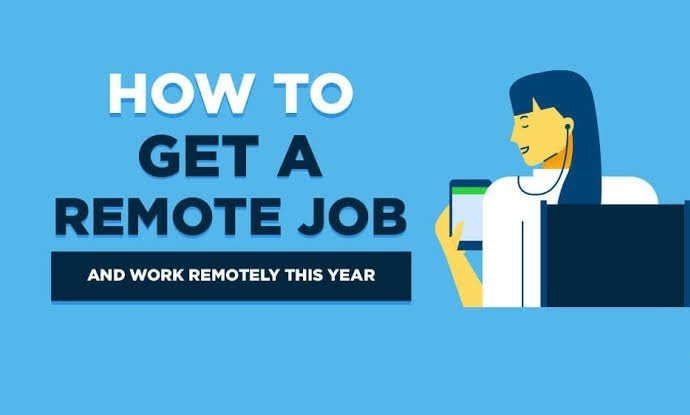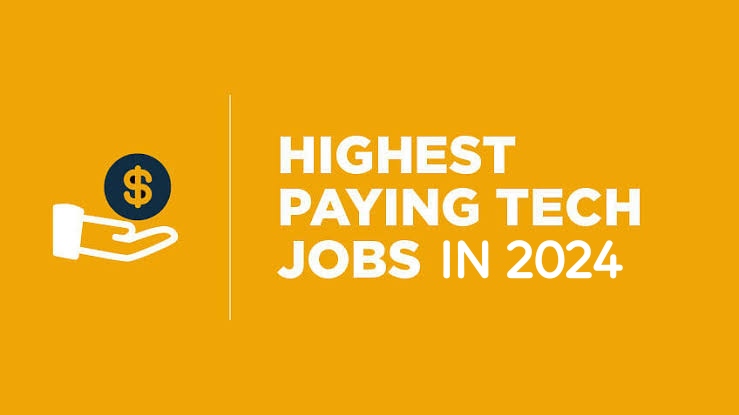
The demand for web developers has soared over the past decade, and with the rise of remote work, many professionals are exploring how to become a freelance web developer. This is because freelance web development offers flexibility, and the ability to work from anywhere. Thereby making it an attractive option for many aspiring developers. But where do you start? First, you need proper guidance on how to kickstart your freelance web development career.
What Does It Mean to Become a Freelance Web Developer?
Becoming a freelance web developer means building websites, applications, and other web-based solutions for clients. However, you have the privilege of working independently without being tied to a single employer. Freelancers have the freedom to choose their clients, set their rates, and decide on their workload. However, this freedom comes with its challenges, such as finding clients, managing projects, and handling your finances.
Now, let’s identify how you can become a successful freelance web developer step by step.
Why You Should Consider Becoming a Freelance Web Developer

If you’re still wondering why you should become a freelance web developer, consider this: freelancing allows you to be your boss. Additionally, you get to choose the projects that excite you, and even scale your income based on your skill level. Plus, web development is a versatile skill, and freelancers are often able to charge more per project than in-house developers. Are you ready to make this happen? Keep reading to learn more.
Steps to Become a Freelance Web Developer
Learn the Necessary Skills
To become a freelance web developer, the first step is mastering the essential skills. These skills will serve as your foundation and help you create websites, applications, and digital solutions that clients are willing to pay for. Here are some must-have skills:
HTML/CSS: These are the building blocks of any website. HTML (HyperText Markup Language) structures the content, while CSS (Cascading Style Sheets) styles it.
JavaScript: This programming language adds interactivity to websites, making them more dynamic and user-friendly.
Responsive Design: Ensure that your websites work on all screen sizes, from mobile devices to desktops.
Version Control (Git): Git allows you to track changes in your code and collaborate with others, which is especially useful when working on team projects.
Backend Languages (PHP, Python, Node.js): These languages handle the server-side aspects of web applications, such as data processing and database interactions.
You can learn these skills through online courses, coding boot camps, or self-study. Platforms like Albanny Technologies, Codecademy, FreeCodeCamp, and Udemy are excellent starting points.
Build a Portfolio
One of the most important steps in becoming a freelance web developer is showcasing your skills through a strong portfolio. A well-rounded portfolio demonstrates your capabilities to potential clients and gives them confidence in your ability to deliver quality work.
Creating your website: A personal website is the perfect place to showcase your skills and previous work. Build it from scratch to demonstrate your abilities.
Show real projects: Start by working on personal projects or offering your services to family and friends. As you gain experience, you can add these projects to your portfolio.
Highlight diverse skills: Make sure your portfolio showcases a variety of projects, including e-commerce sites, blogs, and responsive designs.
Find Freelance Platforms
Once your portfolio is ready, it’s time to start finding clients. The easiest way to start is by joining freelance platforms. Websites like Upwork, Freelancer, and Fiverr provide a platform where clients post jobs and freelancers can submit proposals.
However, ensure you do the following:
Create a compelling profile: Highlight your skills, experience, and past projects in your profile.
Bid on relevant projects: When starting, focus on smaller projects to build your reputation.
Network: In addition to using freelance platforms, leverage your network to find clients. Social media platforms like LinkedIn can be used to connect with potential clients.
Set Your Rates
Another crucial part of becoming a freelance web developer is determining your rates. You need to strike a balance between being competitive and valuing your skills appropriately. However, ensure you do the following:
Research market rates: Look at what other freelance web developers with similar skills are charging. Platforms like Glassdoor or freelance websites can give you an idea of the going rates.
Consider different pricing models: You can charge by the hour or offer project-based pricing. Hourly rates are ideal for projects with uncertain timelines, while fixed pricing works well for projects with a clear scope.
Learn to Market Yourself
Marketing is key to growing as a freelance web developer. The more visible you are, the easier it becomes for potential clients to find you.
You can achieve this through the following:
SEO for your website: Optimize your website for search engines by using relevant keywords (like “freelance web developer”) to attract organic traffic.
Content marketing: Write blog posts about web development topics or create tutorials to position yourself as an expert in the field.
Social media presence: Use platforms like LinkedIn, Twitter, and Instagram to share your projects, insights, and achievements.
Conclusion
Becoming a freelance web developer is a rewarding career path that offers both flexibility and creative freedom. However, as stated earlier, you must first master the right skills and market yourself effectively you can establish yourself as a successful freelancer.
So, whether you’re a beginner, or a junior or senior web developer, these steps will guide you toward a thriving freelance web development career.
Benson is a Senior Digital Strategist at Albanny Technologies with over 5 years of experience in high-end web development and technical SEO. Specializing in helping Nigerian businesses scale their digital footprint, he translates complex technology into actionable growth strategies. When he’s not auditing site performance, he’s mentoring the next generation of tech talent in West Africa














